Cool, crisp autumn has decidedly arrived in San Francisco. Days are shorter, shadows are longer, summer is in our rear-view and the holidays are right around the corner.
A recent lively conversation with friend and gifted coach Simone Janssen of Salt Leadership got me thinking about late autumn and it’s associated element of metal in Traditional Chinese Medicine. Autumn is a time for turning inward, self-reflection and gratitude for the harvest. Just as trees let go of their dry leaves to be recycled into rich mulch, the metal element within us helps us to discard what we no longer need and to store only what is necessary for winter.
I tend to see trends in my own body and in my acupuncture clinic this time of year. As in nature, issues of dryness, especially related to lung, sinus, skin and large intestine tend to arise physically. Emotionally, we may contend with some grief. Whether it’s the letting go associated with aging, expectations, relationships or aspects of our identity, sadness is often part of the experience. Not surprisingly, when we are out of balance, this stuff might cause us to react with a metal-like rigidity or desire to control. Try to breathe and just roll with it. This too shall pass-
Chinese Medicine holds that grief and sadness must be felt and processed, or it will manifest into disease. Take extra good care of yourself with plenty of rest, fluids and a balanced, seasonal diet. Eat plenty of soups, stews and healthy fats.
Diaphragmatic breathing is one of my favorite tools for staying present and getting grounded. Here is a simple breathing exercise I like to teach my patients:
Lie on your back with knees bent and feet planted. Place one hand on your chest and one on your abdomen. First notice where you tend to breath. When anxious or tense, most of us breathe into our chest.
Now place both hands on the lower abdomen below your navel. Send your breath into the belly, feeling your hands rise with inhalation and fall with exhalation. Taking your time, practice ten breaths in this way. Try practicing this in the morning before starting your day- I find it invigorating and it helps me be available to enjoy the fresh day, starting over and finding that it feels good to let go.




